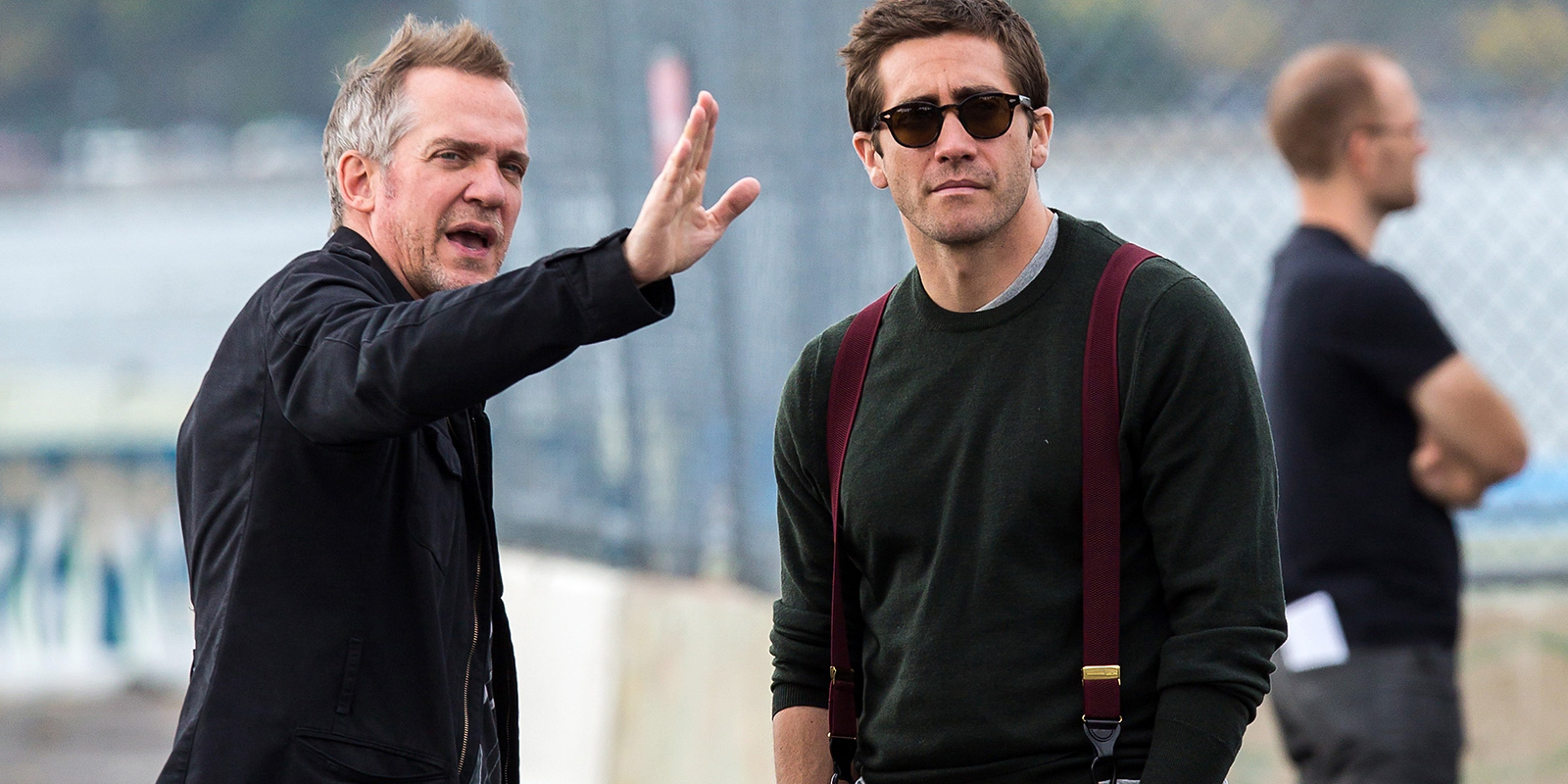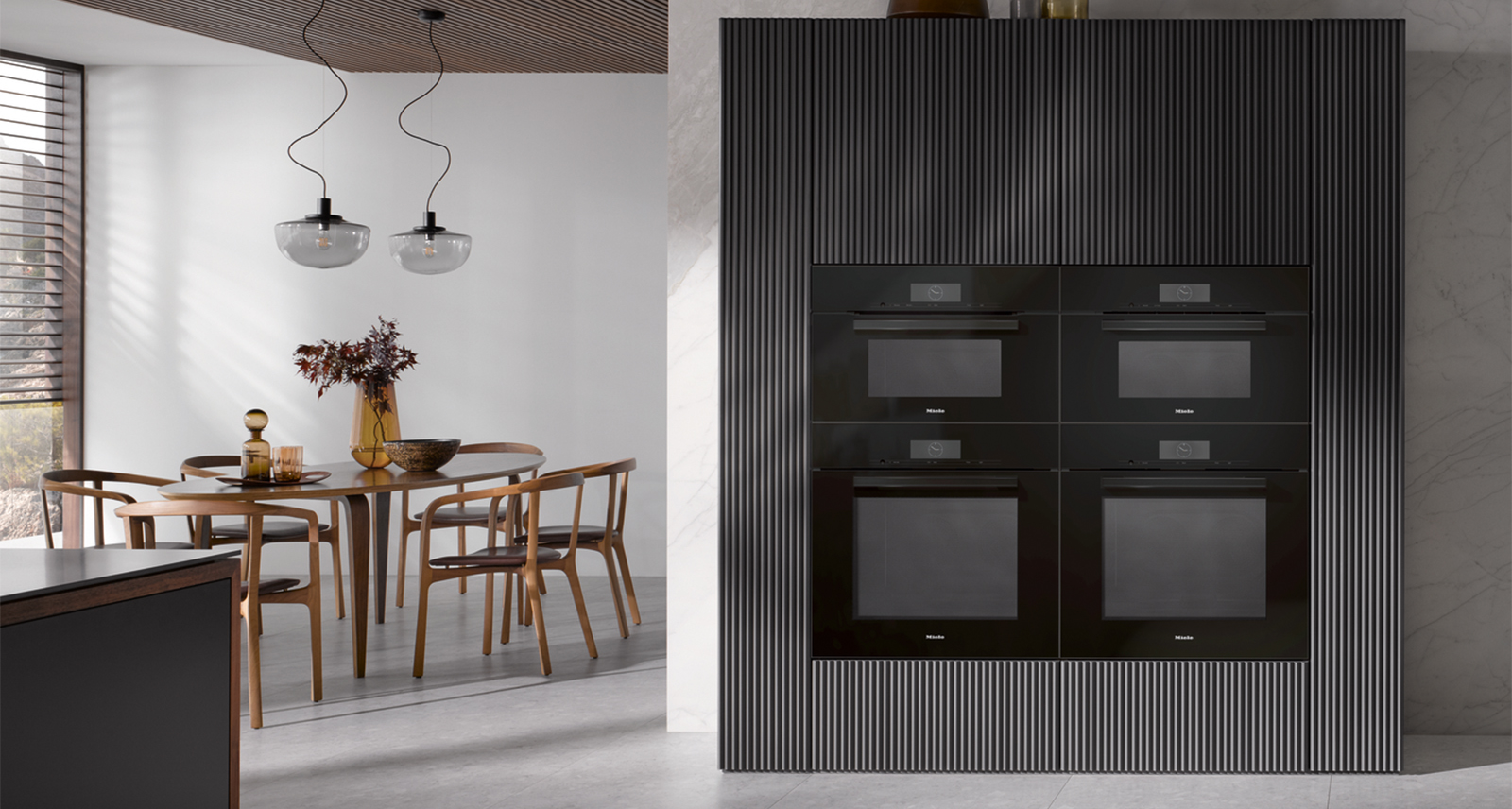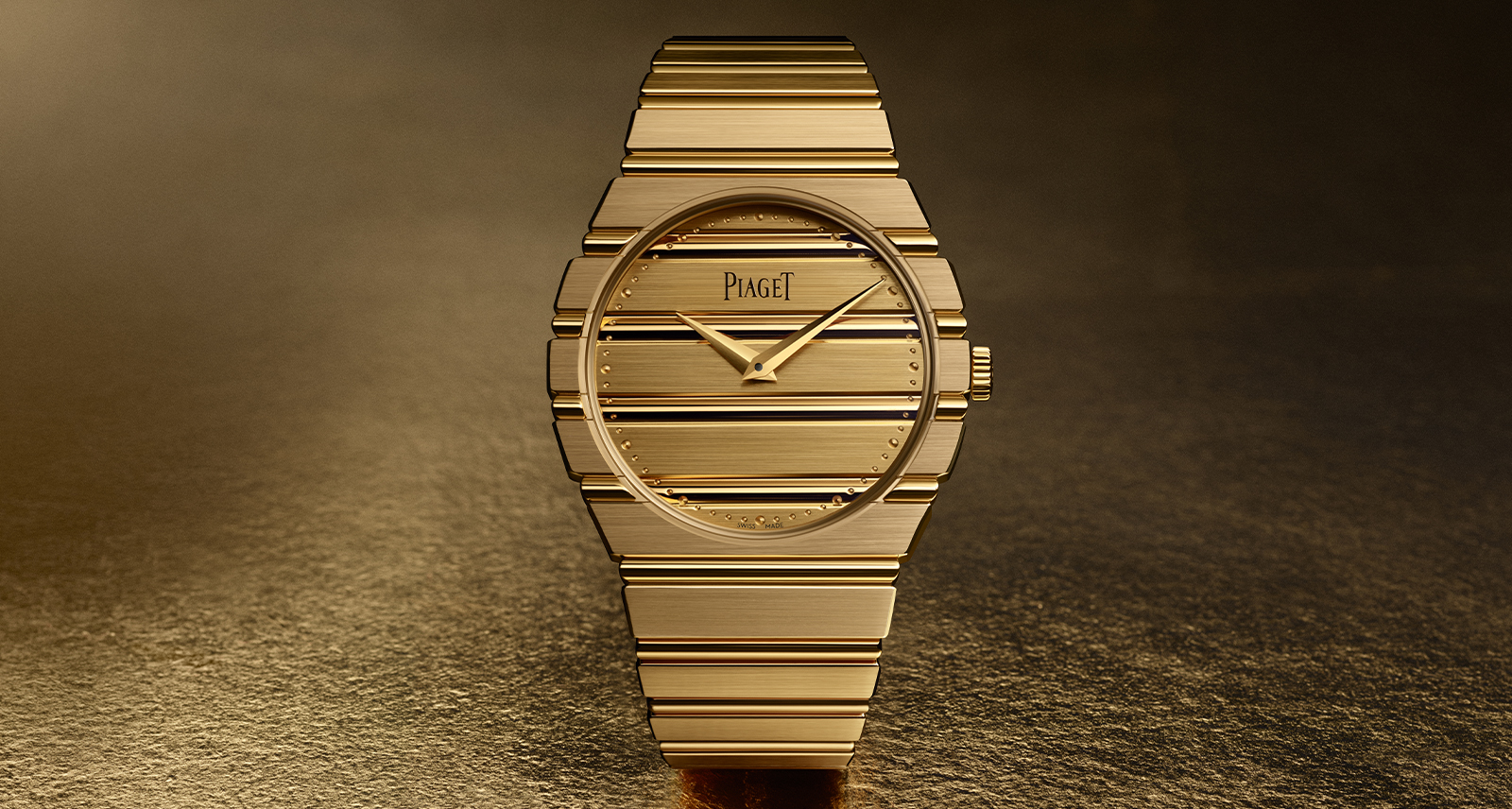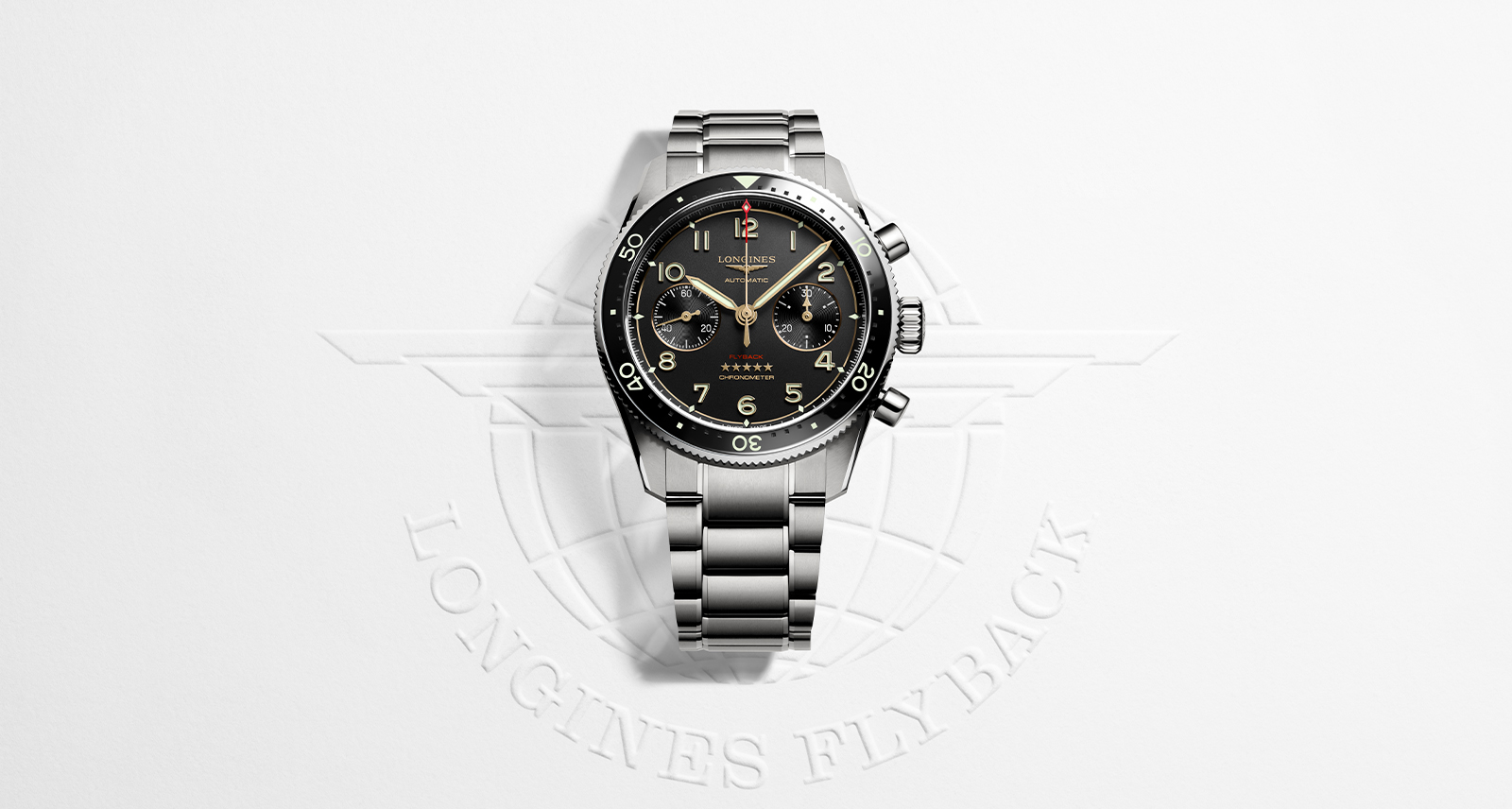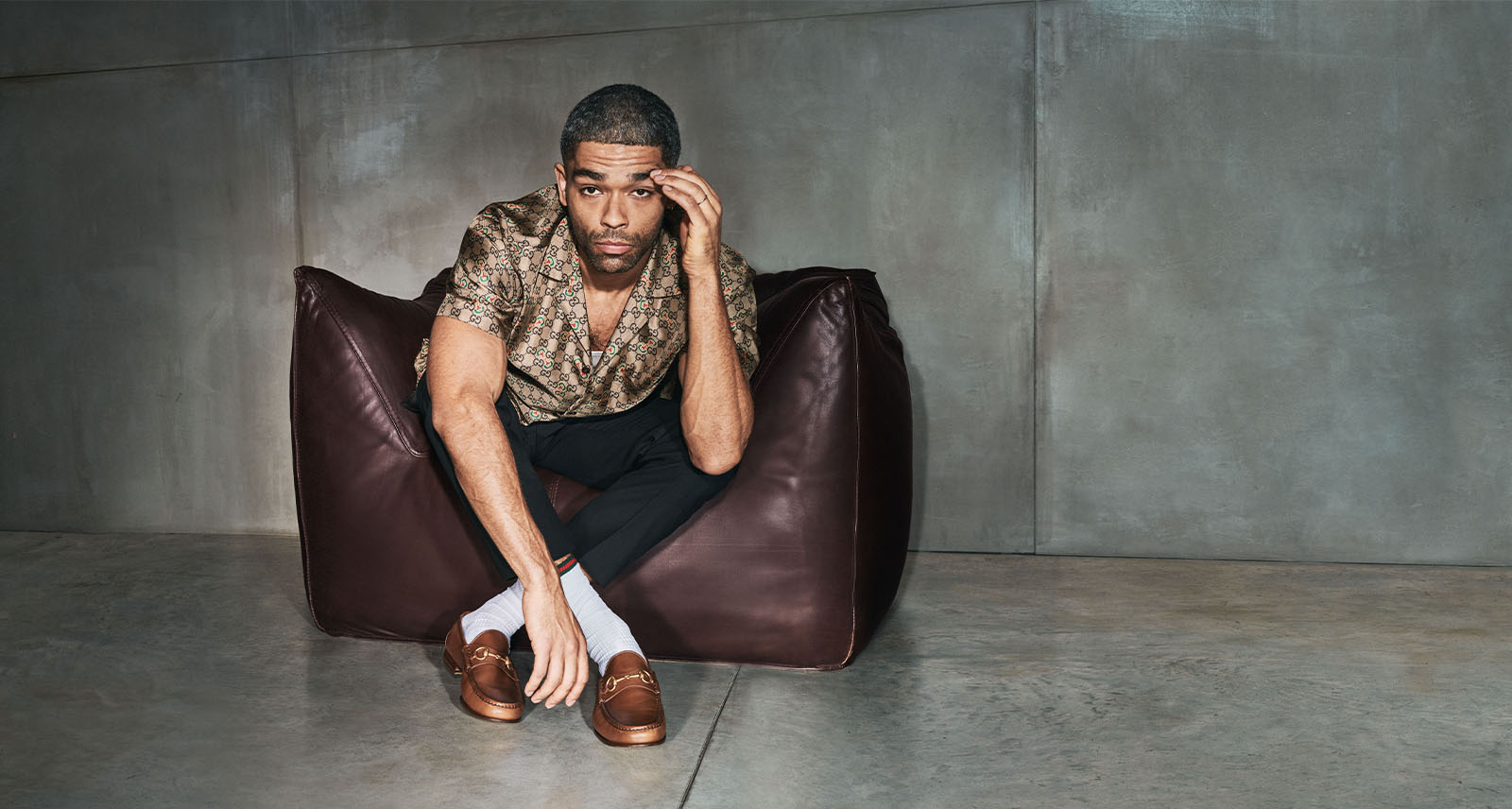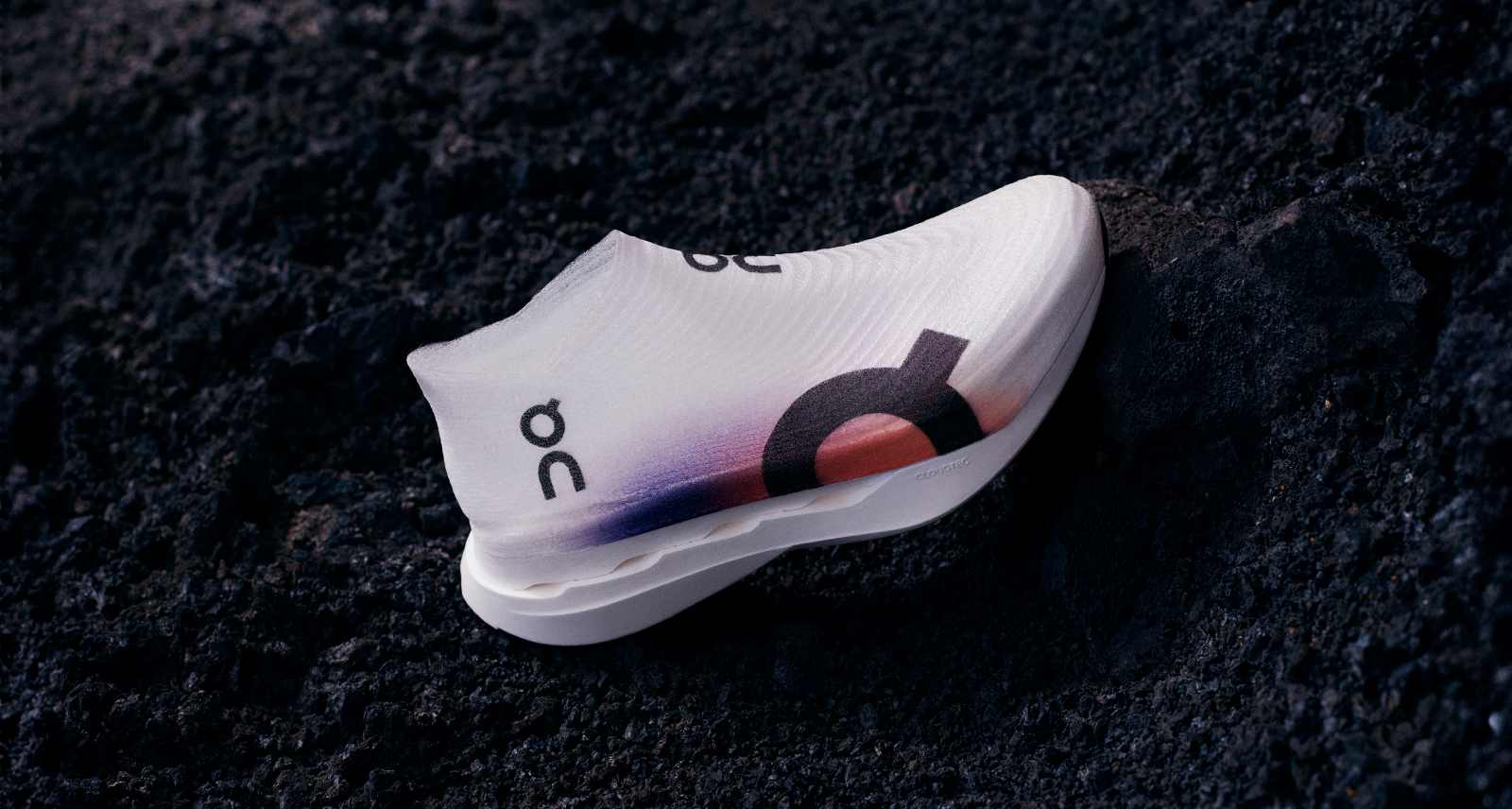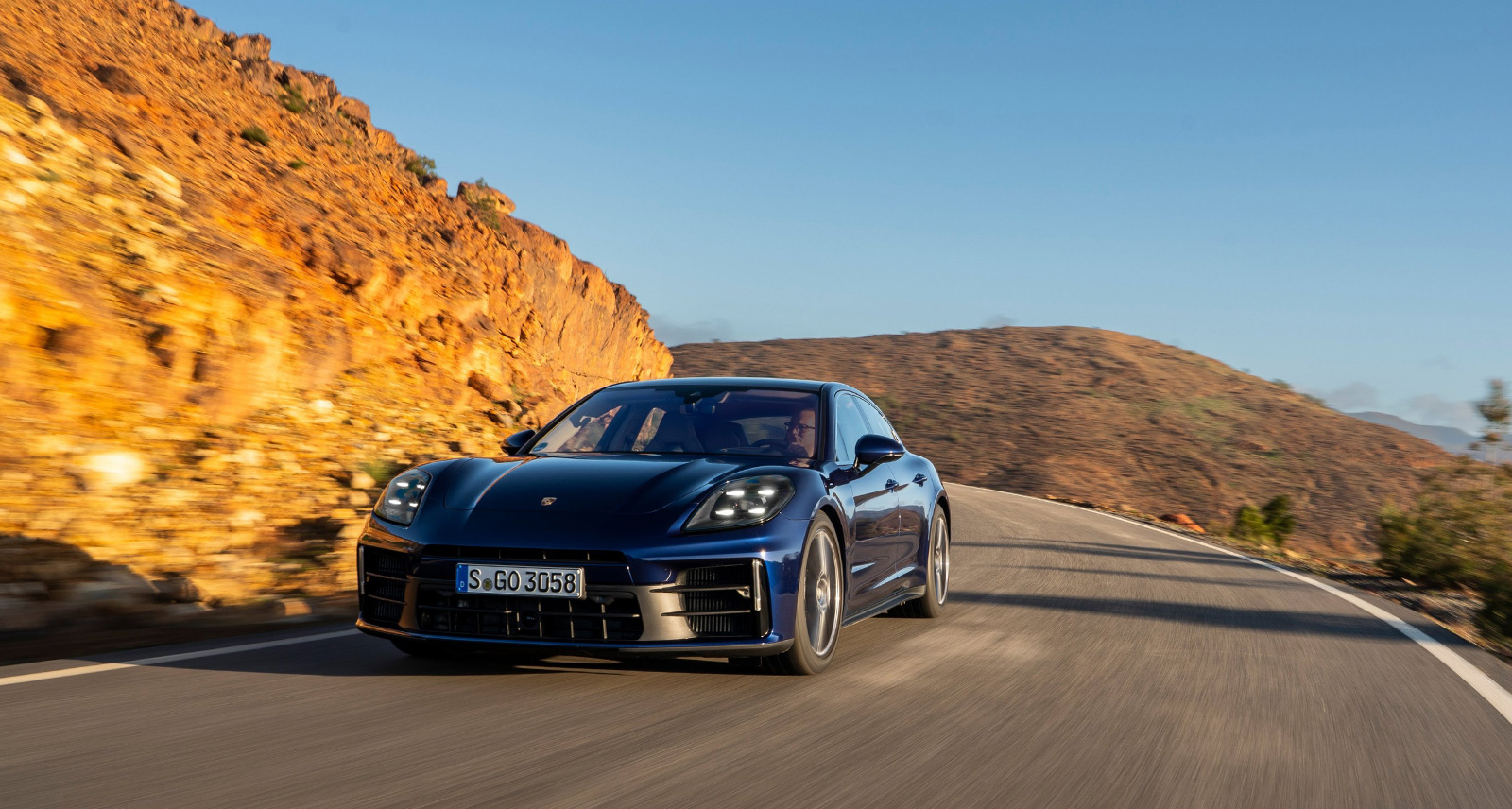Canada’s Jean-Marc Vallée Might Be the Best Director in Hollywood Right Now
An impossibly beautiful mountain scene in Northern California. Lush forests, huge sky. The silence is broken by Cheryl, all filthy hair and bruises, struggling with her tan hiking boots. She takes off her sock to reveal a blood-stained big toenail hanging on by a thread. After a deep breath and a little Simon & Garfunkel — “I’d rather be a hammer than a nail” — Cheryl yanks it free… only to knock her right boot clear off the mountain.
That scene opened Wild, the 2014 film from Canadian director Jean-Marc Vallée, which follows Reese Witherspoon on an 1,800-km quest across the Sierra Nevada and Cascades to reconnect with her lost humanity. And it’s a perfect microcosm of the trials that Vallée puts his characters through: an underdog, a painful obstacle and a victory that sets the stage for an even greater reckoning.
“You’re just trying to not show off, not put style above the character,” explains the soft-spoken Montreal-born director. Vallée prefers to shoot with nimble, stripped-down crews, the better to coax genuine emotional moments out of his performers. “You want to capture the humanity.”
“You’re just trying to not show off, not put style above the character. You want to capture the humanity.”
Vallée first broke through in 2005 with C.R.A.Z.Y., a great, gay coming-of-age movie that explored the inner lives of a Quebecois family through the songs and artists that defined them: Patsy Cline for the homophobic father, Ziggy Stardust for the closeted son (Vallée famously gave up his producer and director fees to pay for the music rights). Last year, the movie was named the eighth-best Canadian film of all time in an influential TIFF poll of filmmakers and critics.
But it was the commercial and critical success of 2013’s Dallas Buyers Club — it took in an estimated US $55 million on a $5 million budget, won three Oscars and epitomized the McConaissance — that really launched him into high demand. He’s now the man who gets called to helm the sort of grownup, character-driven dramas that Hollywood has largely abandoned for superhero flicks. The editing on Dallas Buyers Club wasn’t yet complete when Witherspoon’s production company tapped him to direct Wild, and before Wild hit theatres, he’d already finished shooting his latest film, Demolition, which opened TIFF last year and gets a wide release on April 8.
This time, his underdog figure is an emotionally stunted investment banker who finds himself unmoved by the recent death of his wife. Not exactly the most sympathetic character — until Vallée cast Jake Gyllenhaal in the lead role. “You just put the camera in his face, and you care for him,” he says of his leading man. “He has some goodness. He’s handsome, but there’s something good about this guy. And you follow him.” Cue this movie’s metaphorical toenail ripping, which, without giving too much away, involves sledgehammers, power tools, Naomi Watts and more laughs than that description might suggest.
After releasing three acclaimed features in as many years, Vallée has probably earned a little rest. Instead, he’s joining the march of high-profile film directors making the jump to (prestige) TV, and directing all seven episodes of HBO’s Big Little Lies. A whodunit set in PTA-land, the series follows on the heels of True Detective, bringing a high-profile director together with big movie stars like Witherspoon, Nicole Kidman and Shailene Woodley. And like the bestseller it’s based on, the series features strong female characters, a mordant sense of humour and a novel twist on the murder mystery: the identities of both the killer and the victim are kept secret until the end.
And after that: a Janis Joplin biopic starring Amy Adams, and a movie about Sir John Franklin’s failed attempt to traverse the Northwest Passage — and the remarkable wife he left behind in London. A doomed ship. A Canadian director. A heart that will go on, even after death. This one could be big.
